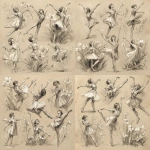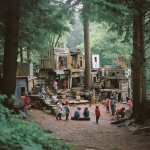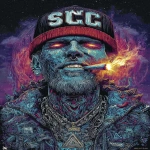Explore the Best AI Image Gallery
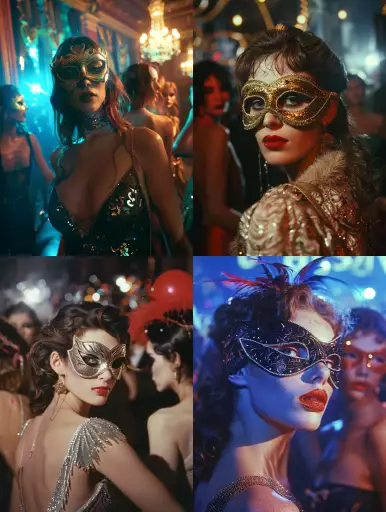
Blurring Lines: AI-Generated Media and the Evolving Creative Landscape
The realm of creativity is undergoing a profound transformation as artificial intelligence (AI) steps onto the stage, wielding the power to generate media content like never before. From text and music to images and video, AI algorithms are blurring the lines between human and machine creation, raising a myriad of ethical considerations and prompting us to re-examine the very definition of art.
The Rise of AI-Generated Media
Recent advancements in deep learning have propelled AI to new heights, enabling it to learn from vast datasets of existing media and produce remarkably realistic and original content. Generative Adversarial Networks (GANs), for instance, pit two neural networks against each other, one generating content and the other evaluating its authenticity, resulting in increasingly sophisticated outputs.
This technology has opened up a plethora of possibilities across various creative domains:
- Art and Design: AI can assist artists in exploring new concepts, generating variations on existing works, or even creating entirely novel pieces.
- Music Composition: AI algorithms can compose original music in different genres, adapt melodies to specific moods, or even create soundtracks for films and video games.
- Writing and Storytelling: AI-powered tools can assist writers in overcoming creative blocks, generating plot ideas, or even crafting entire narratives.
- Video Production: AI can be used to generate realistic special effects, animate characters, or even create short films from text descriptions.
Ethical Considerations
While the potential of AI-generated media is undeniable, it also raises a number of ethical concerns:
- Authorship and Ownership: When an AI creates art or content, who owns the copyright? Is it the developer of the AI, the user who provided the input, or the AI itself?
- Bias and Discrimination: AI algorithms are trained on existing data, which can contain biases that are reflected in the generated output. This can perpetuate harmful stereotypes and discrimination.
- Misinformation and Deepfakes: The ability to create hyperrealistic fake videos and audio recordings raises serious concerns about the spread of misinformation and the erosion of trust.
- Impact on Creative Professionals: Will AI-generated media displace human artists and creators, leading to job losses and economic disruption?
Navigating the Future
As AI continues to evolve, it is crucial to have open and transparent discussions about its ethical implications. We need to establish clear guidelines and regulations for the development and use of AI-generated media, ensuring that it is used responsibly and for the benefit of society.
The future of creativity likely lies in a collaborative relationship between humans and AI. By harnessing the power of AI while upholding ethical principles, we can unlock new possibilities for artistic expression, innovation, and storytelling.
](https://images.ai-img.art/thumbnails/150/78b567a3483191dd52f3d16038b5a926e03e4066d5b301cfff023fb91a962e67.webp)


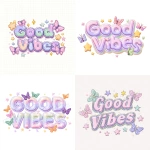
](https://images.ai-img.art/thumbnails/150/aed4d771a0a5b63bed28f6e7183dd4614c5e3e3586d300c8d879ccbb37dbfb4e.webp)
](https://images.ai-img.art/thumbnails/150/cf8299cc184c859eff89d17514689e19c7994ad29256a58ad77fa0f7218e2cff.webp)
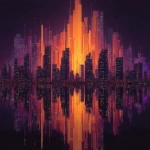

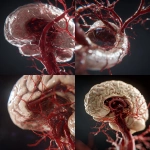
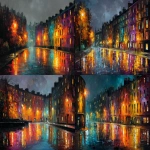

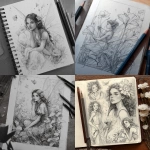

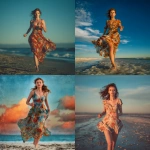
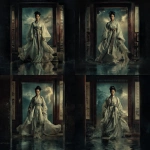

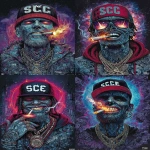
](https://images.ai-img.art/thumbnails/150/da89993919887fcf2c84af5ec12f2ac997ad0f67c8bf00fecd67ba06a1b3dc49.webp)

](https://images.ai-img.art/thumbnails/150/915b5e50ce61f6219cb8f764d89e2efcb8ad3a9ebd09e0670ae7dc0e2c99a8bd.webp)
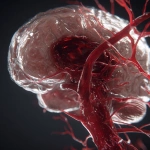

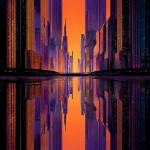



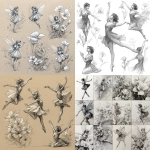



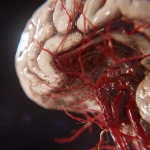
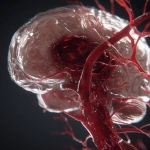
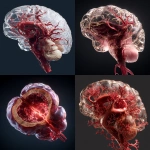

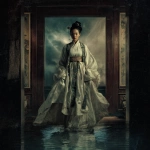
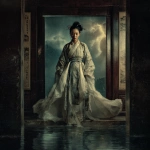
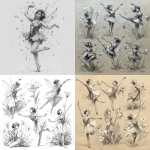



](https://images.ai-img.art/thumbnails/150/476665d1452e44d38d5b4fbf5fab4389a6131d55b7bfe8a41d7f65f66b5a9310.webp)


